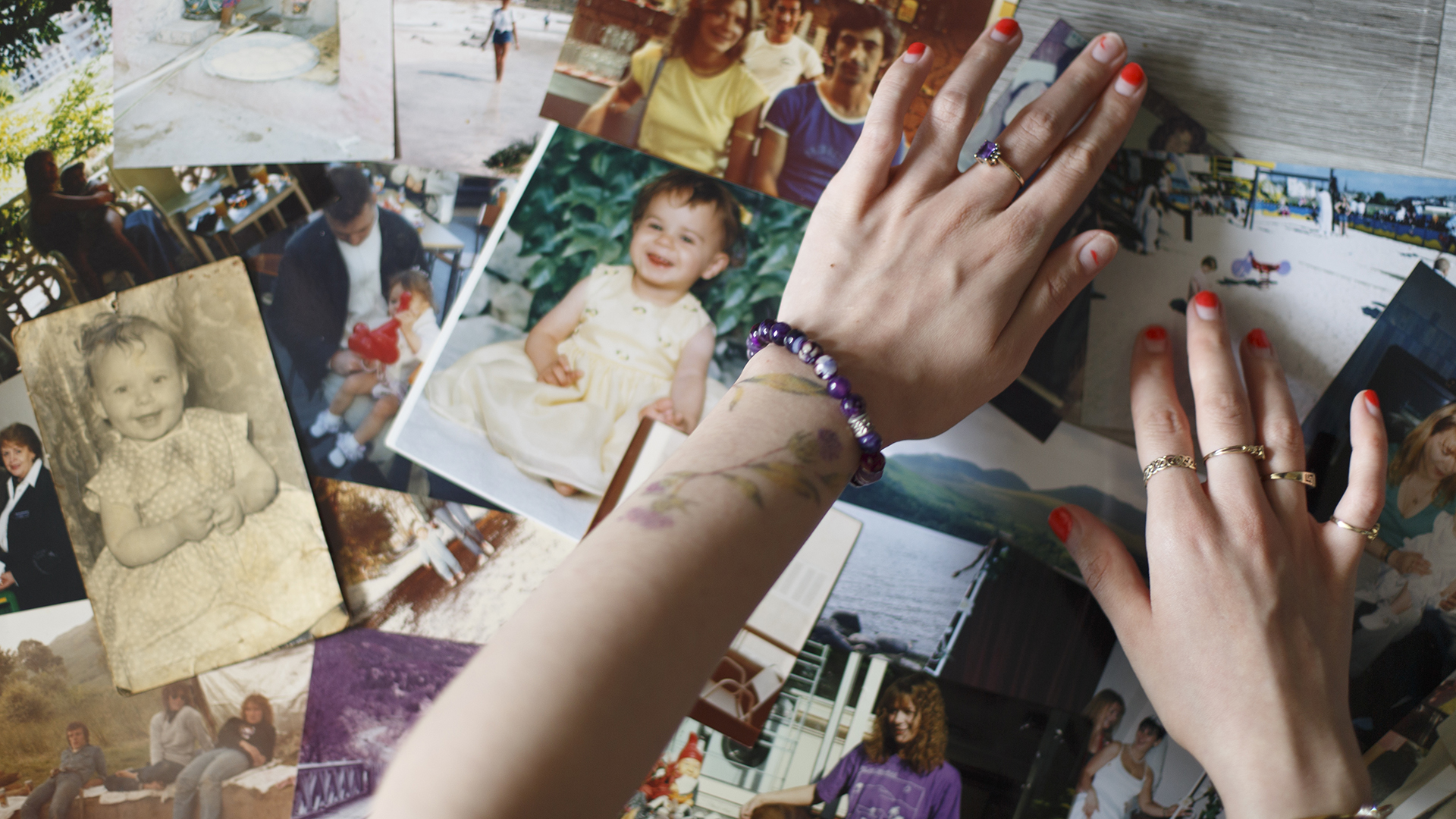The cost of living crisis is dominating many of our lives and a lot of public discourse, but what about the cost of dying?
Researchers at the University of Glasgow have conducted a four-year study involving people in Scotland who have terminal illnesses and are experiencing financial problems.
The Dying in the Margins study took place over four years, with funding from the Economic and Social Research Council (ESRC) and the UK Research and Innovation (UKRI).
Dr Naomi Richards, Senior Lecturer in Social Science, Director of the End-of-Life Studies Group at the University of Glasgow, and Principal Investigator on the study, said: “Our findings show that study participants were weighed down by the heavy financial costs of dying. Some also lacked a material environment or a care package conducive to a dignified end-of-life experience.
“For those who had struggled on a low income their entire lives, terminal illness only plunged them further into hardship. For others just about getting by, terminal illness brought new and unanticipated hardship and precarity.
“While the state offers a partial safety net in such cases, there are questions over whether this is sufficient to meet the needs for a comfortable end of life.”










